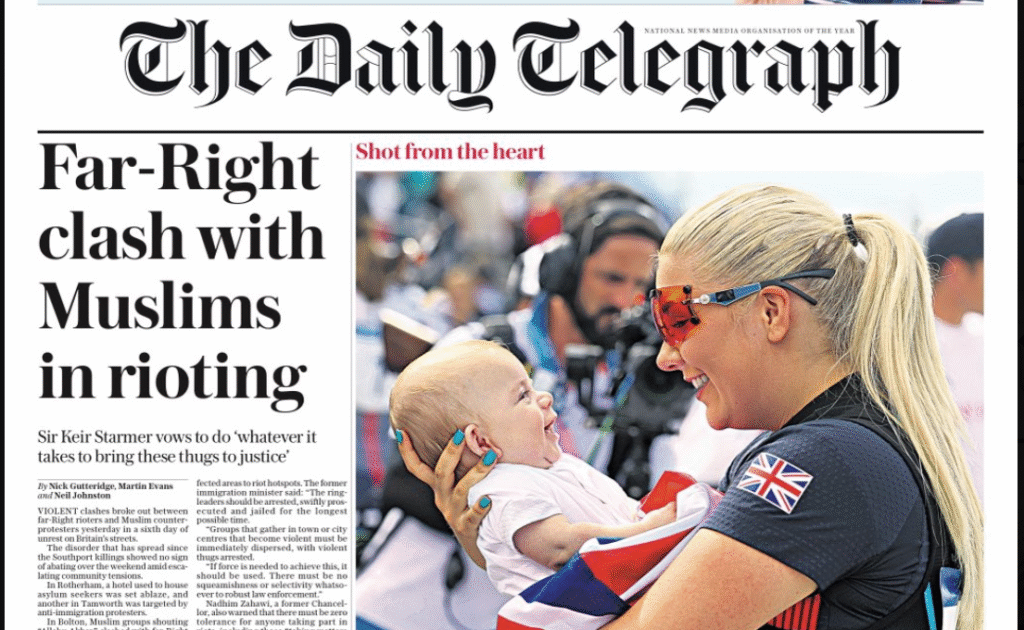The policy may have passed for now, but, as the 170-year-old Telegraph edges closer to foreign-backed ownership, the debate over who funds the British press, and what influence that buys, is far from over.

A major media policy shift has been quietly passed, as the government, with the backing of Tory frontbenchers, successfully fended off a move to block foreign state-owned investors from owning up to 15 percent of UK newspaper companies.
It marks a critical moment in the long-running Telegraph sale saga and may signal the final chapter in a story that has stretched out for years.
Or perhaps, not quite.
In the House of Lords, the Liberal Democrats led a push to keep the foreign state ownership threshold at 5 percent, citing concerns over press freedom and undue influence from authoritarian regimes. Their efforts were roundly defeated in a 267–155 vote, with a majority of 112 in favour of raising the cap.
Critics argue that the move undermines UK media independence and opens the door to forms of foreign influence, even if ownership remains officially “passive.”
Supporters of the change, however, insist it’s a pragmatic move aimed at securing much-needed capital and ensuring the financial viability of British media outlets.
The new rules now clear the path for a takeover of the Telegraph by a consortium involving RedBird IMI, a joint venture between US-based RedBird Capital and Abu Dhabi’s state-backed International Media Investments (IMI).
RedBird is seeking to purchase a controlling stake in the Telegraph group for around £500 million, with IMI expected to hold a 15% minority share, right at the newly permitted threshold.
The deal had previously been stalled due to regulations introduced by the former Tory government to curb foreign state control of UK media. Now, the law has shifted to accommodate precisely what it once blocked.
Meanwhile, other media conglomerates are circling. The Daily Mail and General Trust (DMGT), which owns the Daily Mail, Mail on Sunday, Metro, and the i, is also reportedly interested in acquiring a stake.
Media minister Baroness Twycross said the rules would only allow backing from state-owned investors such as sovereign wealth funds and pension schemes.
She told peers: “It does not apply to states themselves or other state bodies, so a foreign government cannot buy and own a newspaper.”
“The regulations include a strict requirement that the state-owned investor must hold the investment passively.
“They must have no right or abilities to appoint or fire directors or other officers, and they must have no ability to direct, control or influence a newspaper’s policy or activities,” she added.
But this assurance was met with criticism. Liberal Democrat peer Lord Fox derided the notion of “passive” investment in a high-stakes media context: “Traffic humps are passive, but they certainly change the way we drive.” He questioned the credibility of assuming investors with significant financial stakes would remain disinterested in the direction and policies of the newspapers they bankroll. “This is just not plausible,” he argued.
The policy may have passed for now, but, as the 170-year-old Telegraph edges closer to foreign-backed ownership, the debate over who funds the British press, and what influence that buys, is far from over.
Left Foot Forward doesn’t have the backing of big business or billionaires. We rely on the kind and generous support of ordinary people like you.
You can support hard-hitting journalism that holds the right to account, provides a forum for debate among progressives, and covers the stories the rest of the media ignore. Donate today.

